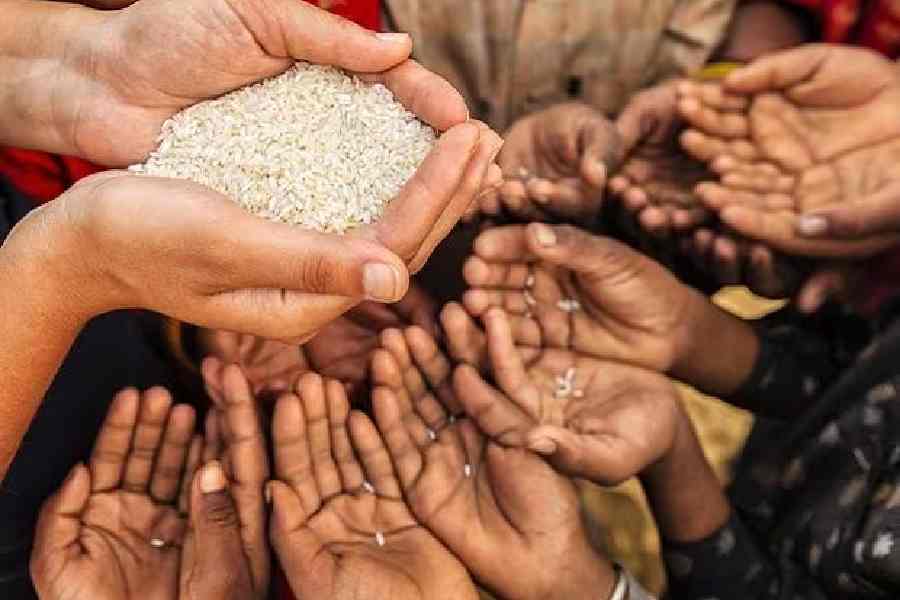Latin America made "remarkable progress" against food insecurity last year and is now set to reduce the population afflicted by malnutrition to below 5% by the end of the decade, according to an expert report from the United Nations released on Wednesday.
The region has been marked for decades by sharp inequalities, but the new report from the U.N.'s Food and Agriculture Organization (FAO) highlighted the "encouraging" improvements, especially in South America where hunger rates decreased from over 10% in 2022 to about 7% last year.
The U.N. body noted that Latin America was the only region to make progress last year, compared to 2022 data, which allowed it to meet sustainable development goals that aim for a world free of hunger by 2030, according to the report.
The data showed that 14 million people in South America no longer fall into the "food insecurity" category in 2023, due in part to favorable farm financing, as well as better grains production and industrial capacity, even as extreme climatic events made worse by global warming have hit the region.
The FAO report noted that the prevalence of moderate to severe food insecurity fell in Latin America from about 30% in 2022 to 25% in 2023, equivalent to some 19 million fewer hungry people. Caribbean and Central American nations, however, saw little or no progress.
The report showed that the Caribbean island nation of Haiti fared even worse, due largely to rampant gang violence that has caused massive displacements and left 5 million people, or nearly half the local population, facing acute food insecurity.











